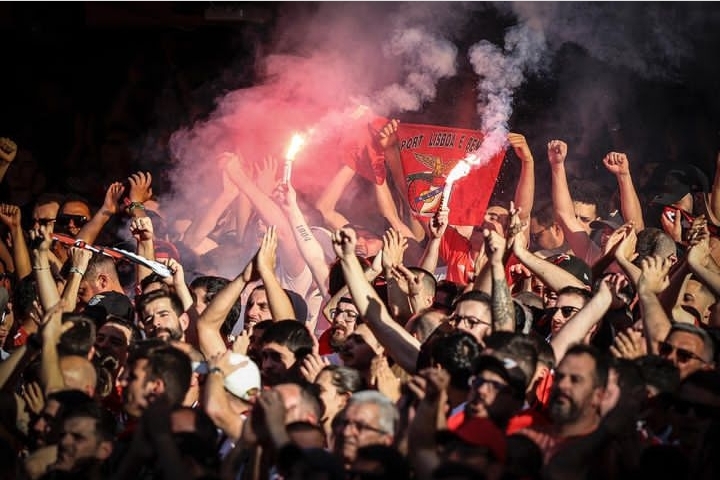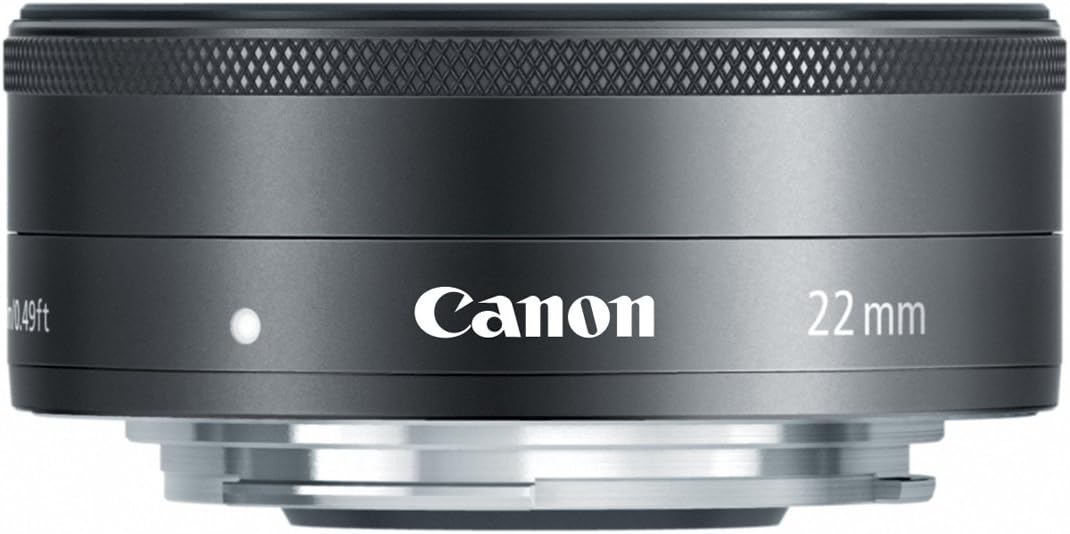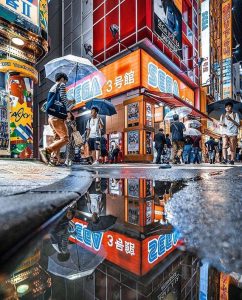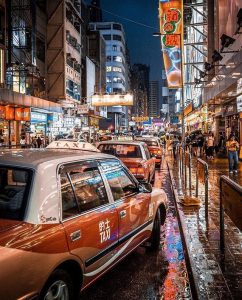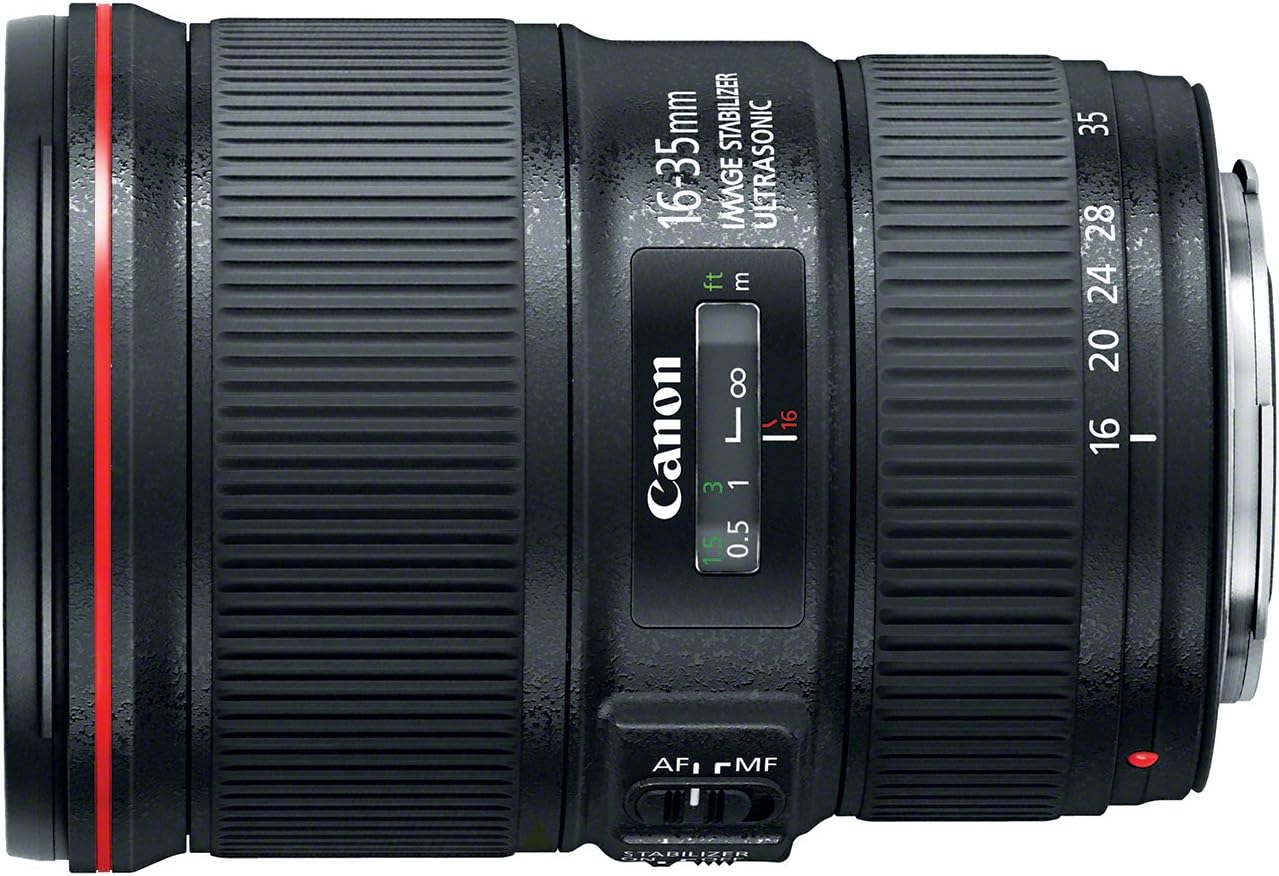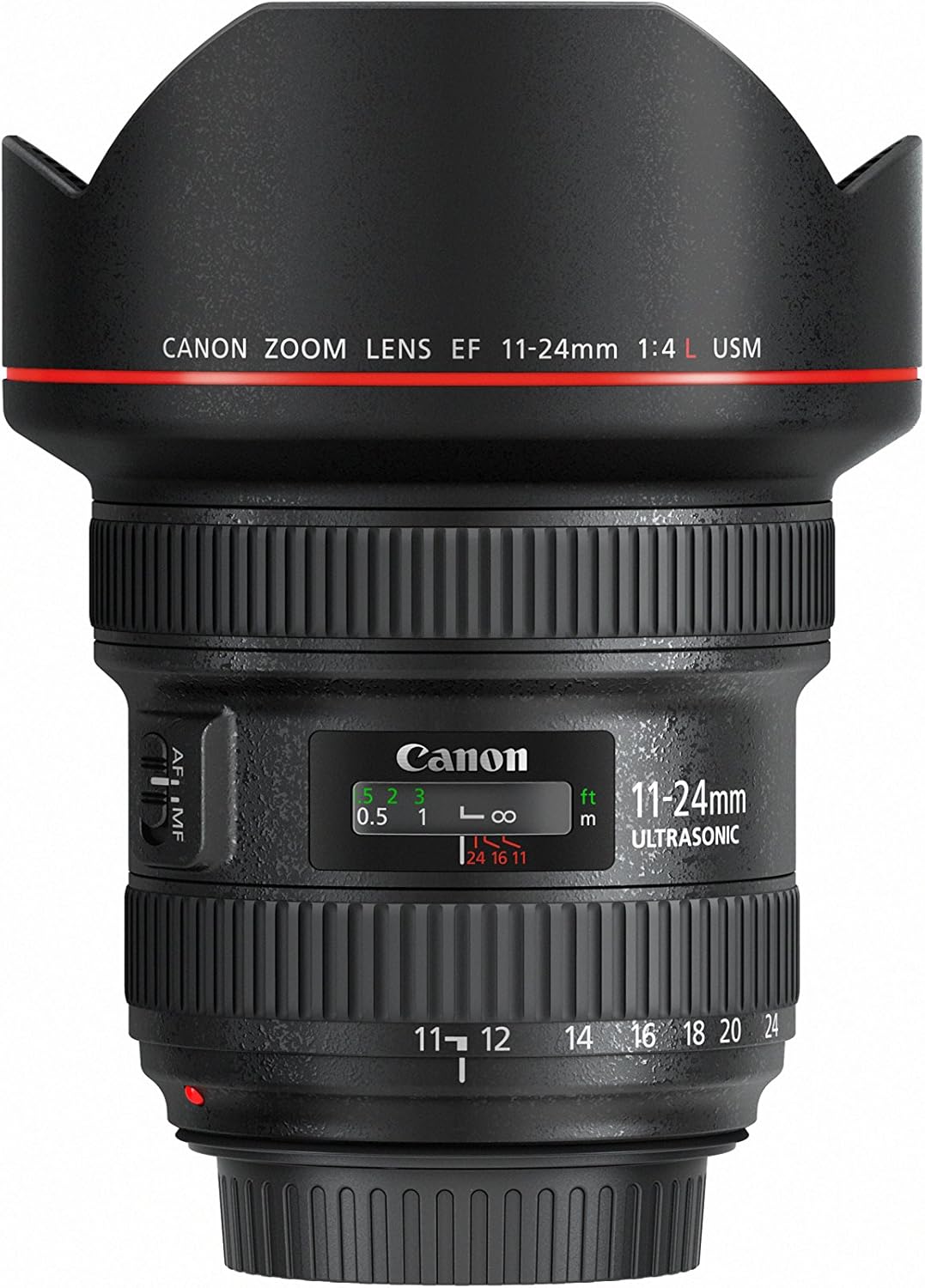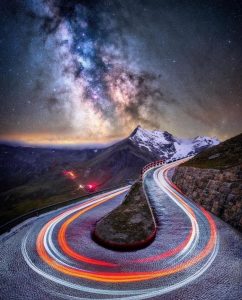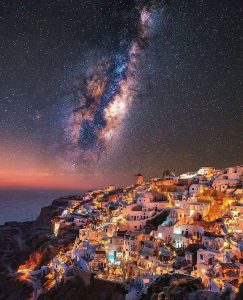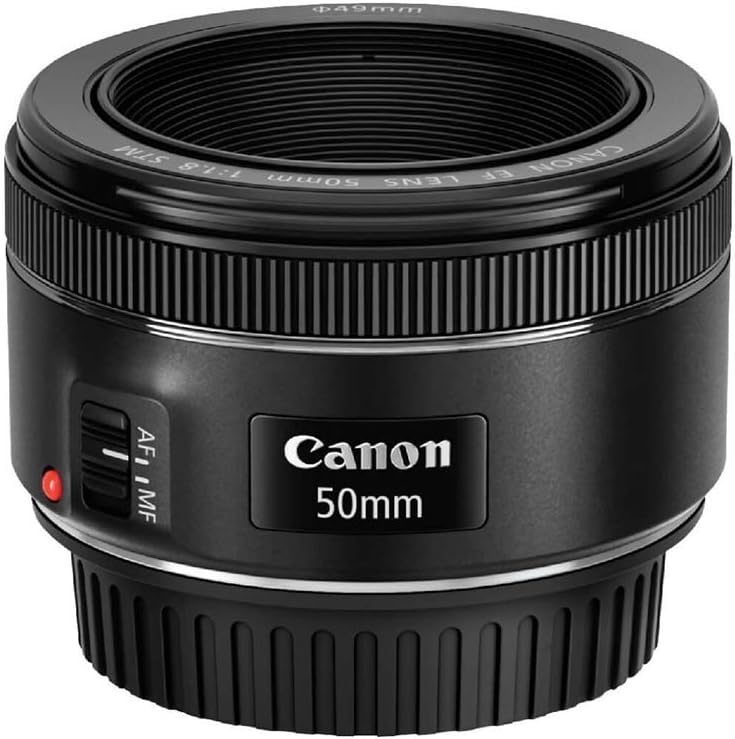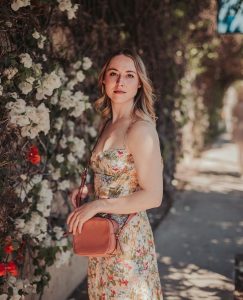Last Updated on December 5, 2023 by Sharon Advik
Today, we will talk about the best Canon lens for night photography.
Night Photography offers a variety of ways that we can capture and create, just like the day.
However, we hope to give the 12 best Canon lenses for night photography tonight so you can make better nightly decisions.
We live in a beautiful era for night photography, as most lenses made in the last two to three years excel at this art.
And these are my favorite lenses that I recommend to you for the best night epic shots.
Let’s drive in:
Which are the best Canon lens for Night photography?
Here are my recommended top 8 best Canon lens for Night photography:-
Canon 22mm f2: (Best Canon lens for night street photography)
Let’s talk about this tiny lousy boy, the Canon 22 millimeter F2, but don’t let its size fool you because it’s fantastic.
I’ve been using this little lens for a few months now, and I must say I am impressed.
It’s a great little lens for both video and photography.
So first, the size is tiny, but that’s not always good because small could also mean it’s fiddly to use.
So, too small is a problem, but in this case, this lens is designed to get an M series, and small is what that series is all about.
It’s the perfect little lens; if you put it on an M series camera, you have this compact little camera system ideal for night street photography, travel, and everyday use.
The build quality is somewhere in between.
You can feel that it’s not super high quality, but it’s also not all plastic.
I think it combines aluminum and plastic, but I’m convinced I can use this lens for years.
So super small and light; I approved this lens because it is designed for that M series, and the overall build quality is pretty good.
So what about focusing?
Well, the autofocus is excellent.
It’s fast and super accurate both for photography and video.
The problem is manual focusing; first, the lens has no button to switch to manual focus.
You always have to go to the menu or use another button, and once you have it turned on, it’s not nice.
The focusing distance is short, 15 centimeters, making it an excellent lens for macro photography or shooting B roll and things like that.
It looks excellent; it has a super shallow depth of field, which is nice.
The focal length is 22 millimeters, which translates to around 35 millimeters at full-frame, the perfect all-around focal length.
I record all my videos with my Canon 50 and 22 millimeters, which looks great.
I always use it wide open; it blurs out the background nicely.
So it’s the perfect little lens for night photography videos, but you can also use it to shoot B-roll travel videos or videos of your walk.
And finally, the photography image quality and what can I say?
It looks great; it’s sharp to f2.
It has an excellent blurred background, and because it’s f2, it performs well in low light.
So, if you’re looking for an excellent, fast, all-around prime, I think this is the best choice.
So street photography, landscapes, and family travel are all possible with this lens.
There is some distortion if you’re going close to someone’s face.
So, in conclusion, this is an excellent general-purpose lens for the Canon EF M series cameras; super sharp, accurate autofocus, excellent image quality, light, portable, and everything you want is recommended.
Canon 24-70mm f/2.8: (Best Canon lens for nighttime photography)
The Canon 24 to 70 F 2.8 USM ii series lens is probably one of my most versatile lenses.
So, I have owned it for a year and a half, and I’ve used it hundreds and hundreds of times.
But more importantly, it has saved my butt in a couple of pinches because it’s such a useful range and an F 2.8 throughout the full focal range.
It’s good in many situations, whether indoors, outdoors, landscape, portrait, real estate, product, or any shoot you can imagine.
It can be a real lifesaver, and it can be a real moneymaker in many ways.
So, I needed to own this lens to appreciate the value I could never have understood when I first bought it. I’m happy I waited this long to do a proper review.
It’s a highly well-built, fairly heavy weather-sealed lens.
That is fairly indestructible, and it’s because it’s exceptionally well built.
I can take it anywhere because its focal length is beneficial.
After all, it gives a beautiful image.
It’s truly an all-around most important lens that I own.
The best canons current professional workhorse lens.
This thing had better be good.
This lens is designed especially for Canon’s expensive full-frame cameras.
I also used this on an APS C camera.
The lens starts at a very wide angle of 24 millimeters.
It is wide-angle on a full-frame camera and zooms into 17 millimeters.
It’s worth considering that 17 millimeters aren’t too far to zoom into on a full-frame camera.
But it’s still a handy focal range for any camera lens, and it has a wide f 2.8 maximum aperture throughout its same range.
That means it can matter in a lot of light, which is excellent for indoor or nighttime photography.
Faster shutter speeds or video work and shooting at F 2.8 can give you lovely out-of-focus backgrounds, which slower camera lenses cannot.
The lens is big and very solid indeed.
There’s a lot of plastic in this lens construction, although obviously, it’s good-quality plastic.
This thing is weather-sealed, generally tough, and could probably survive in a war zone; the zoom ring on my test copy of the lens was quite stiff, but I’m sure they are usually super smooth.
It has full-time manual fixing. So, you can turn that focus at any time.
The lens’s front elements do not extend or rotate as you change focus; the lens’s USM autofocus motor is lightning-fast and very accurate.
However, it does make it quieter, with a low whooshing noise.
A surprising thing for most people is that this lens has no image stabilization.
It was a very bold decision by Canon not to implement image stabilization.
It’s a shame the camera lacks image stabilization, as this feature is useful for photographers and those who want to shoot handheld video.
The lens is built to a very high standard.
The image quality turns super sharp in the middle of the picture, with more contrast.
There’s also no visible chromatic aberration.
What a fantastic performance.
Overall, the 24-70 millimeter f 2.8 marks ii always gives razor-sharp images in the middle of the image frame with fantastic colors and contrast.
It’s the best performance of any full-frame, fast standard zoom lens.
Also, the lens puts a solid enough performance on an APS C camera, but I was hoping for a bit more sharpness in those corners.
It’s quite a good performance for vignetting and a little better than average for distortion.
The wide aperture can give you quite an out-of-focus background, and those out-of-focus areas look lovely, smooth, and non-distracting.
That’s an excellent performance for a zoom lens.
So, what can we say overall?
The lens takes snappy, punchy pictures that jump out at you with fantastic sharpness in the middle.
The optical quality is slightly average in some areas, and I was hoping for more magic from this instrument, especially considering its high price.
But at the end of the day, it’s genuinely a fantastic camera lens.
That’s canon’s business, and value for money is always subjective.
Professionals will probably still pay for this lens anyway because this is it if you need the best zoom lens.
Canon 16-35mm f/4: (Best Canon lens for landscape and night photography)
This Canon lens can be a bit of a dream for landscape photographers, among other people.
The latest ultra-wide-angle lens for full-frame cameras and, this time, with image stabilization.
It’s perhaps not quite the strongest image stabilization I’ve ever seen.
But it does help you quite a lot to get sharper pictures and smoother video on a full-frame camera 16 to 35 millimeters and ultra-wide to standard wide-angle focal length.
It is handy for landscape and architectural photography and for making small places seem bigger when using an APS-C camera.
It’s just a standard wide-angle zoom range.
It’s made of high-quality plastics but weighs over 600 grams or almost one and a half pounds.
It might seem like an excellent lens for landscape photography.
A weather-sealing gasket is around the metal lens mount, and the zoom ring works exceptionally smoothly.
It is nicely damped and slightly heavy to turn.
In my opinion, that’s a real advantage for video work.
The focus also turns smoothly and precisely, as expected for the Canon l lens.
There is, of course, a full-time manual focus available.
The USM autofocus motor works blindingly fast, quietly, and accurately.
It’s pretty fast in my view mode.
However, if you shoot autofocus during video work, you’ll hear a gentle clicking sound as the lens micro-adjusts.
Overall, the build quality of this Canon L lens is top-notch in every way.
We don’t see very much chromatic aberration.
The lens shows very clear flaring and a considerable loss of contrast when light is in or around the picture.
Considering this lens’s sharpness and excellent image stabilization, many will accept the high price Canon asks for.
I’d say that the biggest reason to choose the Canon lens is its much smaller size and weight.




Canon 11-24mm f/4: (Best Canon lens for night sky photography)
It’s a full-frame lens for digital SLR cameras.
It could be a handy lens for shooting indoors and capturing dramatic perspectives outside.
It’s a versatile piece of kit.
Because of its extremely wide angle, it’s even used as an astrophotography lens.
This is because long exposures can be taken before seeing any star trails.
It weighs a ton, well over a kilogram, and a huge glass front element is beautiful and frighteningly exposed.
The use of filters is obviously out of the question, but gentle filters at the back of the lens to see a heavy-duty metal lens mount and a weather-sealing gasket are possible.
The USM autofocus motor is quite lightning-fast and very accurate.
This lens does not have image stabilization.
It’s nicely shaped but only made of plastic and not metal.
The lens is razor-sharp in the middle, with neutral colors and perfect contrast over the edges.
The good news is that we’ll also see excellent sharpness, a remarkable achievement at this wide angle.
Unfortunately, we see some clear chromatic aberration, but you can use chromatic aberration correction and your camera or editing to correct that nicely.
So, on a full-frame camera, the lens performs excellently at 11 millimeters.
But when you zoom, the corners of your images will respond well when you stop down the aperture.
I don’t think many photographers will use this lens with an APSC camera.
Anyway, it is intended for full-frame sensors.
It’s considerably better performance on full-frame than APSC.
I don’t think many people will be trying to use this thing for macro photography.
But anyway, the good news is that it’s still nice and sharp at close distances.
I can’t imagine anyone buying this lens with its background separation capabilities, but it is possible to get some dramatic close-up images.
Considering the extreme parameters of this Canon suit lens, the optics are commendable; it is sharpest at 11 millimeters, where you would want it to be distorted at normal distances.
The biggest optical issue with this lens is probably flaming. Unless you’re a professional photographer, its size, weight, and cost were more obvious questions.
The Canon 11 to 24 millimeters for USM L provides excellent enjoyment to Valley and is undoubtedly an impressive professional option.
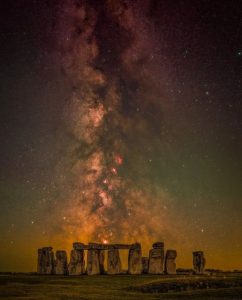
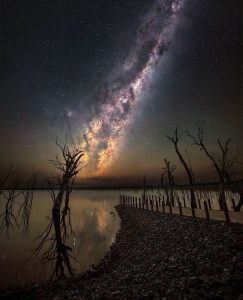
Canon 50mm f1.4: (Best Canon EF lens for night photography)
You know your way around any scene; night lighting is no exception.
With Canon’s 50mm f/1.4 lens for Canon EF cameras, you’ve got the perfect tool to capture unique and silent images with a smooth focus – all without sacrificing image quality.
This lens is best for night photography because of its fast, dead-silent autofocus motor and fast aperture of f1.4, which creates a shallow field depth that’s great for blurring the background!
Canon’s fast-aperture 50mm delivers an extra-wide frame for low-light situations like dusk, dawn, or indoors while giving a deep depth of field for portraits where the subject stands out in sharp contrast against a blurred background.
This compact, standard focal-length lens features a well-built rotating and removable metal filter (58 millimeters) perfect for attaching the necessary filters to match specific shooting conditions.
This Canon lens is the perfect partner for your night photography.
This lens ensures sharp, beautiful images.
It has a maximum aperture of f/1.4 with Gaussian optics crystal clear in low light. It can also achieve a maximum magnification ratio of 0.25x.
The ultrasonic autofocus motor (USM) operation is quick, smooth, and laser-sharp, ensuring complete silence to avoid alerting subjects around you to the profundity of their shooting experience!
This prime can be used in many shooting situations, such as portraits, landscapes, still life, or close-up shots requiring precision.
The bright aperture of the lens enables you to get beautiful bokeh during a photo shoot at night.
The completely manual operation makes it ideal for beginners in night photography who are learning how to properly use their cameras to capture incredible views during nighttime pursuits.
It’s perfect for making out low-light details and textures in your landscape compositions at great distances or near busy streets.
This Canon 50mm f1.4 EF lens for night photography makes it easy by giving you a tremendous depth-of-field rendering that will have you capturing remarkable images like never before!



Tamron 70-200mm f2.8: (Best Canon lens for night sports photography)
Tamron 70-200mm f2.8, a sports photographer’s dream lens for night shoots under the lights.
When you need to shoot in low light from the stands or behind the field, this is your go-to lens to give it that professional edge.
This lens is built for sports photographers and hobbyists who want to capture images at night but need all-around versatility.
This lens also offers an even more compact design due to its internal zooming mechanism, making it easy to bring along wherever you go.
This kit’s zoom-in starts at a wide angle for that perfect crowd shot and moves up to telephoto range if you need an extreme perspective.
For night sports photography with a zoom range that provides maximum flexibility and high image quality.
The stabilized optical formula of this new Tamron lens offers smooth, natural contours to subjects that include vibrant colors, accurate skin tones, and an expansive focus reach.
From scenery pictures to your favorite sporting event highlights through the planned design of 23 elements in 17 groups.
This durable and accessible lens has a 5-stop panorama VC mode that allows up to 100% viewfinder stability when shooting night sports and other rapid movements, like animals in action or children playing.
It also comes with three modes optimized for different shooting situations, so this lens can do it all, whether you shoot wildlife or product photos!
The antifreeze system means you can shoot in any condition, including rain or snow, without worrying about your equipment getting ruined by water droplets or wetness inside the lens.
Tamron has added a tripod mount compatible with Arce-Swiss-style quick-release plates, which will speed up and simplify your setup time.
With a focal distance of 200, Tamron’s newest telephoto zoom gives the photographer an incredible field of view that has always been difficult without going farther away from the event.
This lens is one of the highest-rated Canon lenses in professional photography, and night sports photographers go to this lens with confidence.
Get the perfect shot no matter what.
This lens is a must-have if you want high-quality images when lighting conditions are not ideal.





Rokinon 24mm f1.4: (Best wide-angle lens for night photography canon)
No matter what type of photography you want, this lens is an excellent addition to your camera bag.
It is perfect for nighttime photography and an excellent lens for all flashlights and lighting (which can be tricky) with its tiny aperture size.
The f1.4 allows you to shoot quickly and easily in low-light conditions without worrying about slow shutter speed or noise on the sensor (which often happens when shooting under dim street lighting).
This lens would be great for those who enjoy nighttime photography or wide-angle photos of landscapes taken at sunset.
This lens is also perfect for astrophotography as it captures the beauty of the night sky and celestial lights, making every picture you take a full-moon-approved photoshoot.
With Rokinons ultra-wide-angle lenses, you can see at 84 degrees with just one click!
The fast aperture range from f14 to 22 also allows easy adjustment in low-light situations, capturing stunning portraits, stars, and planets that would otherwise be difficult to see.
Its construction from 8 different elements provides unparalleled clarity for your images, whether shooting close up to the subject for an enhanced depth of field or observing more detail from afar.
This is the best wide-angle lens for night photography, enabling unique, creative photos of the city lights after sundown.
This lens’s wide angle allows for unique perspectives, which its fast focus and precise aperture can achieve, unlike any other lens.
It is ideally suited for all situations like astral imaging or sophisticated portrait work.
Whether in motion or not, nighttime scenes are possible and easy to capture with this wide-angle 1.4-aperture lens.
The Rokinon 24mm f1.4 is the perfect choice. Its fast aperture and roomy field of view make the nocturnal scenery bloom with life even when all else seems dark and cold.
You’ll never need another photography accessory again once you snag one of these lenses!
It’s best suited for night photography canon and provides the widest angle of any other Canon L-series wide angles on the market.
Canon 50mm f1.8: (Best prime lens for Canon night photography)
For some photographers, night photography is an enjoyable challenge that requires thoughtful planning and patience on both your and your equipment’s part.
The Canon 50mm f1.8 prime lens for canon presents a convenient solution.
This lightweight, affordable alternative fixed focal lens gives users stellar images with zero shutter lag.
This prime lens is a bestseller in Canon lenses for its night photography feature.
This lens is perfect for the Canon night photography enthusiast!
This versatile lens will give you the versatility only a prime lens can.
This fixed focal length can easily handle any lighting situation, whether it’s a sunny day or a cloudy night.
It earns this title with its 40º angle of view, 27º upper and lower angle of view, 46 degrees diagonal angle, and its 1.15 feet minimum focusing distance, which allows you to take close-up shots of wildlife, too!
Performs amazingly on all photography subjects, including portraits, action, and nighttime photography.
This allows quick focus adjustment during video recording or still scenes for smooth background blur (bokeh), resulting in flawless imagery!
It works well with Live View shooting and movies, thanks to its STM stepping motor, which delivers near-silent continuous autofocusing in both movie and stills modes.
It is beneficial when you want shots where movement isn’t apparent.
Designed specifically for APS-C cameras, this 50mm prime lens will give you excellent results even on full-frame ones, too, thanks to its 80-millimeter effective focal length.
With 6 elements in 5 groups of construction, don’t worry about optical issues either!
It is incredibly sharp from its maximum aperture at ƒ/1.8 right into the corners of your image field – perfect for low-light shots.
Plus, distortion is minimized by our optical design, so it’s ideal as an all-purpose lens.
It’s an excellent choice for photographers who don’t want to invest in other expensive options like variable aperture zoom lenses or different types of filters.
But still, they need versatility and low-light performance to create high-quality images at night or in dimly lit places.
No matter what you’re shooting, the Canon 50mm f1.8 prime lens is an attractive choice for nailing that perfect shot.
If you want to photograph at night or shoot in low light, this will be the right addition to your camera bag.
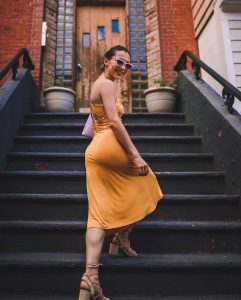
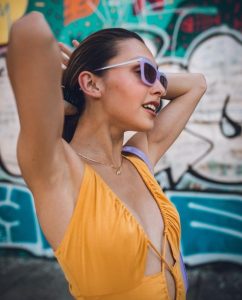

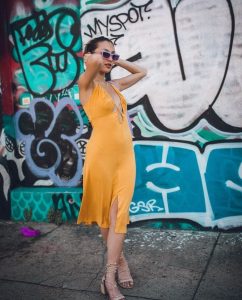

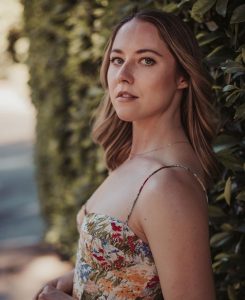
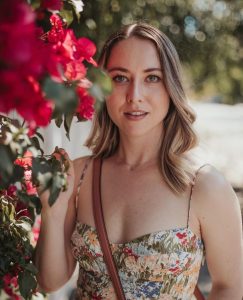
CONCLUSION:
Alright, guys, that concludes all the lenses we will discuss today in this article.
Do you guys have any experience with these lenses? What are your thoughts on them?
Which is your best Canon Lens for Night Photography?
Is there a lens I didn’t mention in this article that you love using for night photography?
Would you please leave your thoughts and comments below?
Related Posts:
14 Best lens for moon photography:
18 Best low light lens for Canon:
13 Best Canon lens for Indoor photography:
I am a Professional and Certified Digital Photographer born in the USA. I have been in this field of photography for 22 years, and in these years, I have used many photography lenses and Cameras, which I want to share here on this website about my experience. The idea for Bestoflens.com is to provide honest information about different Lenses and Camera products in the format of a “Best lenses for AYZ” list. I want this website to be the last destination for people to pick the best Cameras and lenses to fit their needs. You can find our unbiased reviews here on Bestoflens.

